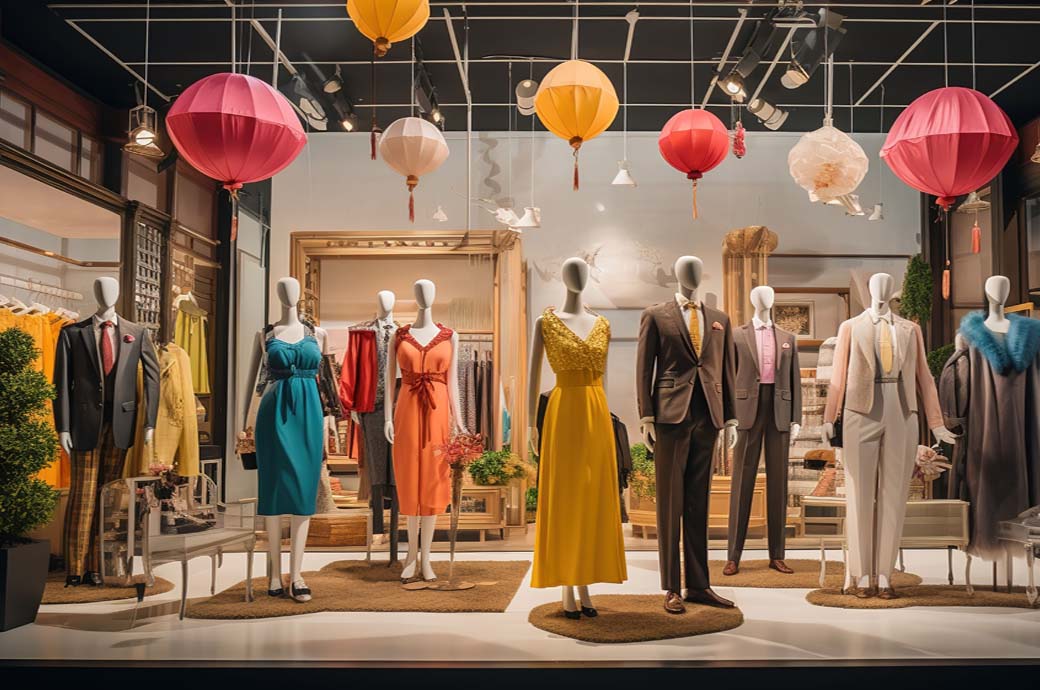
Home furnishings retailers were surprisingly active as well, despite the category not seeing sizable sales gains over last year.
Luxury retailers remain a major player in the prime urban retail story, with almost every corridor seeing strong absorption from luxury apparel and jewellery brands. Luxury boutiques have emerged as a growing category within the luxury space, composing 12 per cent of new luxury leases in the last year.
Consumer spending growth and the return of international and domestic tourism have driven prime urban retail demand, with foot traffic recovering to pre-pandemic levels in half of the prime corridors surveyed by JLL.
In 2023, the trajectory of prime urban retail leasing has been closely tied to the performance of other property types.
Prime retail corridors around the United States are benefitting from solid retail fundamentals, with low vacancy and low supply contributing to sustained year-on-year rent growth.
All indicators point to the strength of prime urban retail in 2023.
The US economy has fully re-opened and consumers are eager to get back to in-person experiences. This has prompted a noticeable uptick in apparel leasing in prime corridors. Apparel retailers comprised a hefty 48 per cent of overall prime corridor leasing this year, up from 35 per cent in 2022.
Athleisure retailers comprised 21 per cent of new apparel leases, with their popularity rising in tandem with the emergence of hybrid and remote work. Most active in the space have been category leaders like Lululemon, which is opening new stores this year in New York’s Union Square and Bloor Street in Toronto; and ALO Yoga, which made its first entry into the DC market with a new outpost on M Street in Georgetown.
Vuori was particularly active as well, leasing three new locations in Georgetown, on Madison Avenue in New York, and in the Marina in San Francisco, while running shoe brand Hoka also opened two new stores this year, on Lincoln Road in Miami and on New York’s Fifth Avenue.
Fibre2Fashion News Desk (DS)